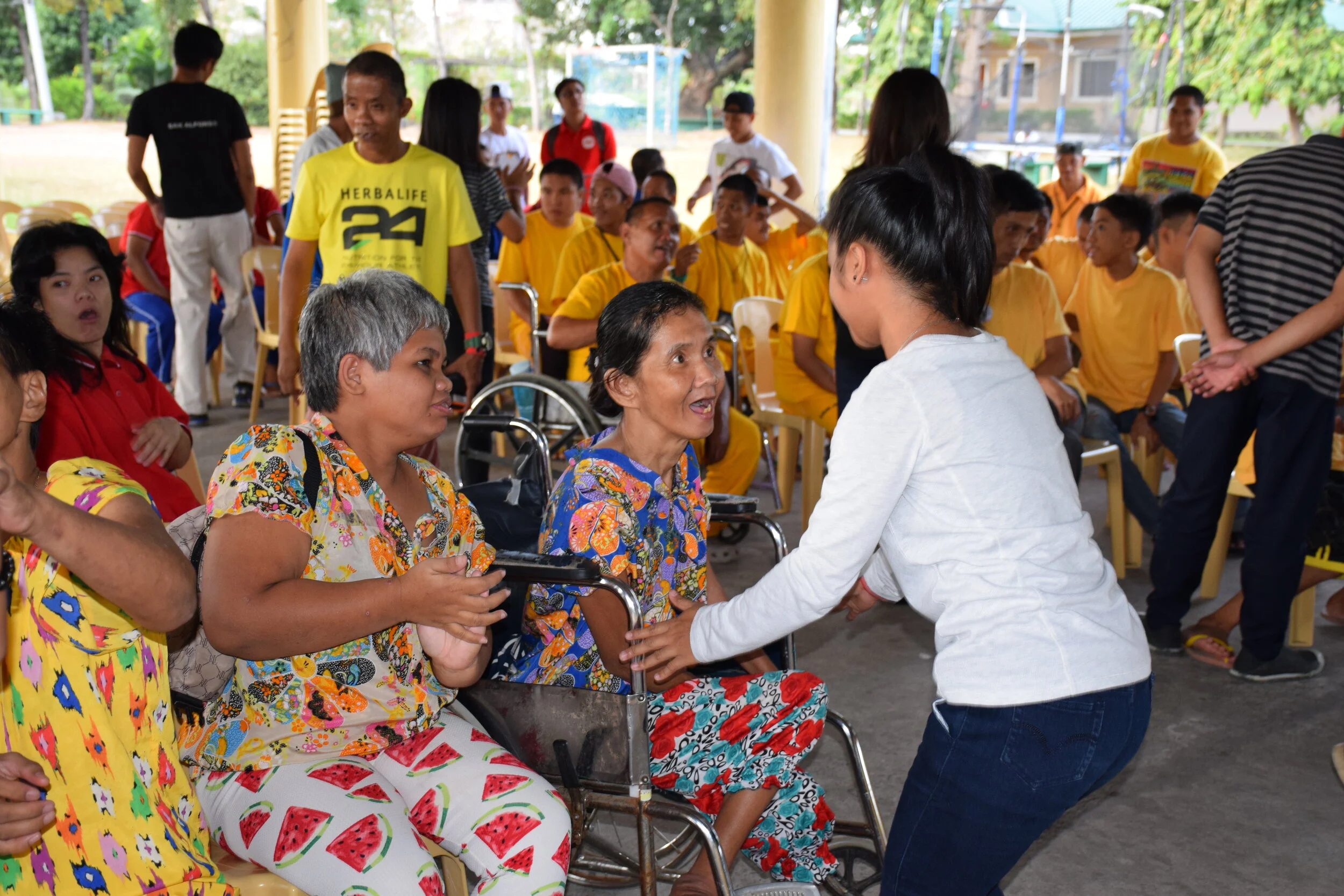Tutoring: Accompanying the Children in their learning journey so that they may flourish.
Nothing can be so far from the truth than to think that children who need tutoring are ‘dumb’ children. The experience of Tuloy is that our kids are extraordinary kids who have not been given the opportunity to develop and flourish. Trauma, pain, undernourishment and educational neglect can be real hindrances to development…. but it does not have to be. Every child has talents we need to discover and develop, even among children who have learning disabilities and intellectual challenges.
A Tutor in Tuloy therefore is faced with concerns that is not just about teaching. Gaining the trust and confidence of the child is fundamental. The success of the whole enterprise lies in getting the child completely engaged in a strategic learning experience that is significant and meaningful to the child.
Taking from the ideas of Jerome Rabow and Co. the Tutoring could consider the following areas:
Attitudes, Anxieties and Expectations
Building Relationships
Teaching Techniques
Race, Gender, Class and Background Difference
Teamwork with other Adults: Parents, Teachers, Administrators and concerned others.
And we add:
Pedagogical Frameworks: Child Centered Learning, Situated Cognition, Applied learning, Alternative learning, Flexible learning, Learning as Collaborative, Multiple Intelligence, Universal Learning Design. Salesian Pedagogy, Attachment Theory and Positive Psychology Education.
So one’s desire to be a Tutor is premised by one’s willingness to ‘accompany’ the young person and be a good role model to the child. who you are is as valuable as what you teach. Tutoring can be demanding as much as it is fulfilling. Tutoring in Tuloy changes the lives not only of the children but also of those who Volunteer to Journey with the Children.
Michal Vojtáš introducing his studies on Salesian Accompaniment stated:
“The best concrete form of the Salesian approach to education is the educative history of Don Bosco. Some basic principles are described in the short "notes" on the Preventive System in the education of the young written in 1877, must be understood within a rich framework of other narrative, educational, motivational and regulatory texts. The texts often explain the educative reality, the good practices in use or describe the exemplary students who are "told" to be an inspiration for a concrete reader. John Bosco narrates the beginnings of his Educative commitment in Turin, in December 1841, as a real encounter with a concrete boy - Bartolomeo Garelli. It was a beginning, consists of dialogue, understanding of the person and a simple proposal for catechism and games during the holidays. But placing the beginning of his educative work in that encounter is more, it is a paradigm of his educative style. The encounter, the dialogue, the support and the accompaniment are the cornerstones around which Salesian education revolves. Pope John Paul II rightly called Don Bosco as educator with "genius of the heart". Geniality and inner passion are condensed in the pastoral charity that stimulates pedagogical intelligence to translate into concrete educative gestures”
